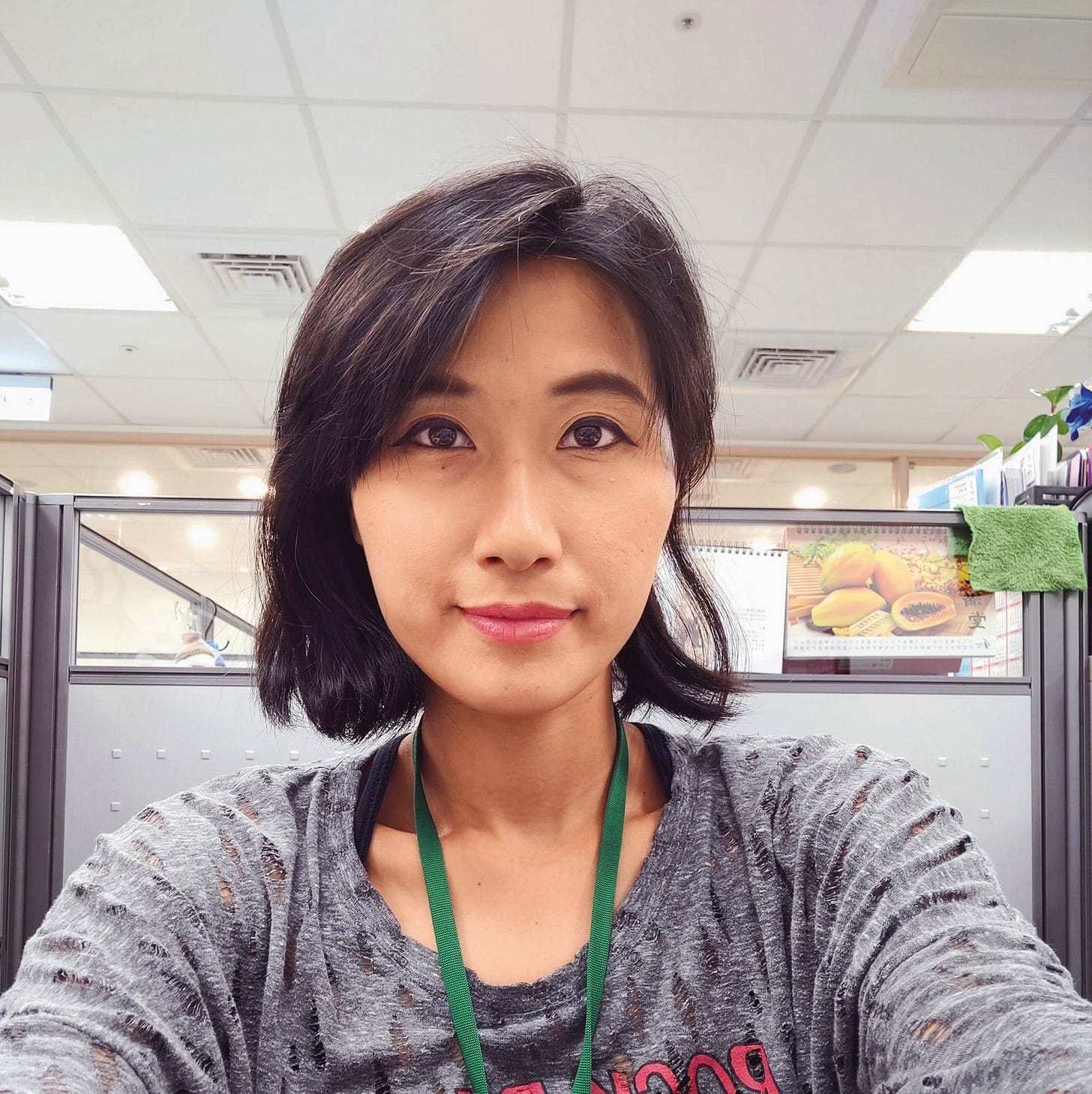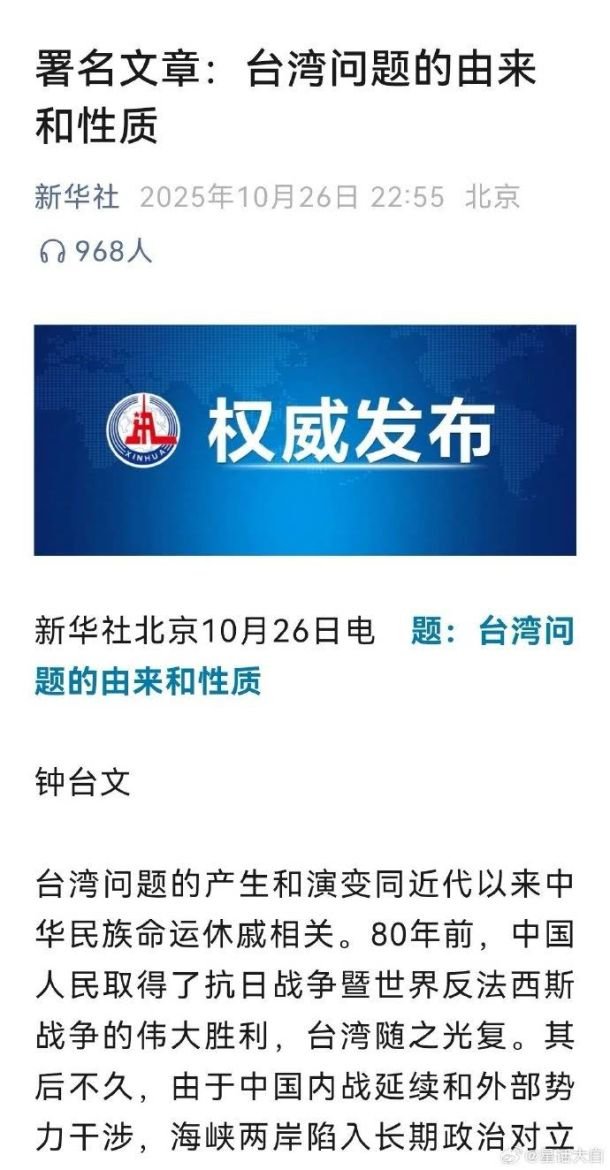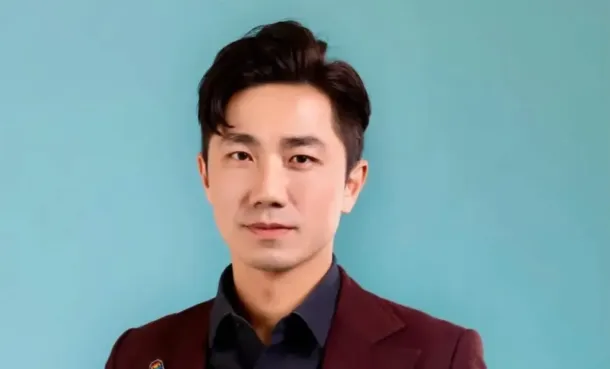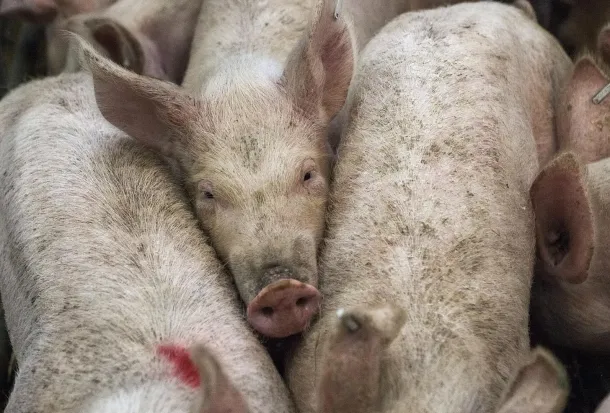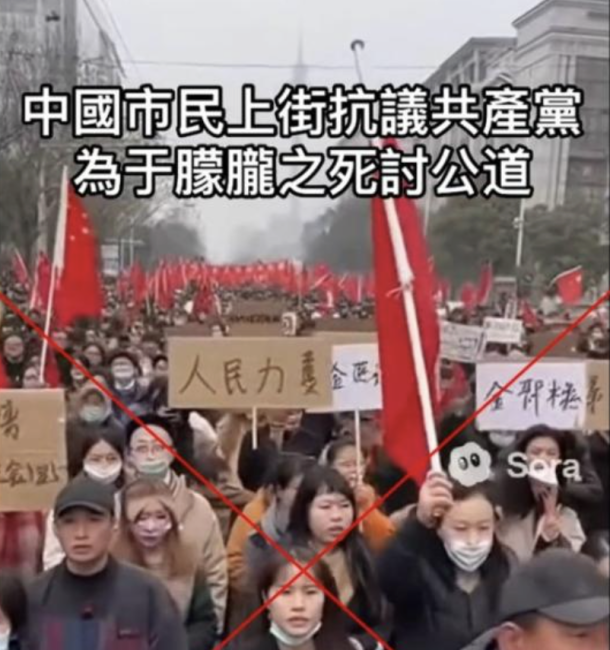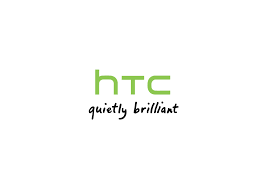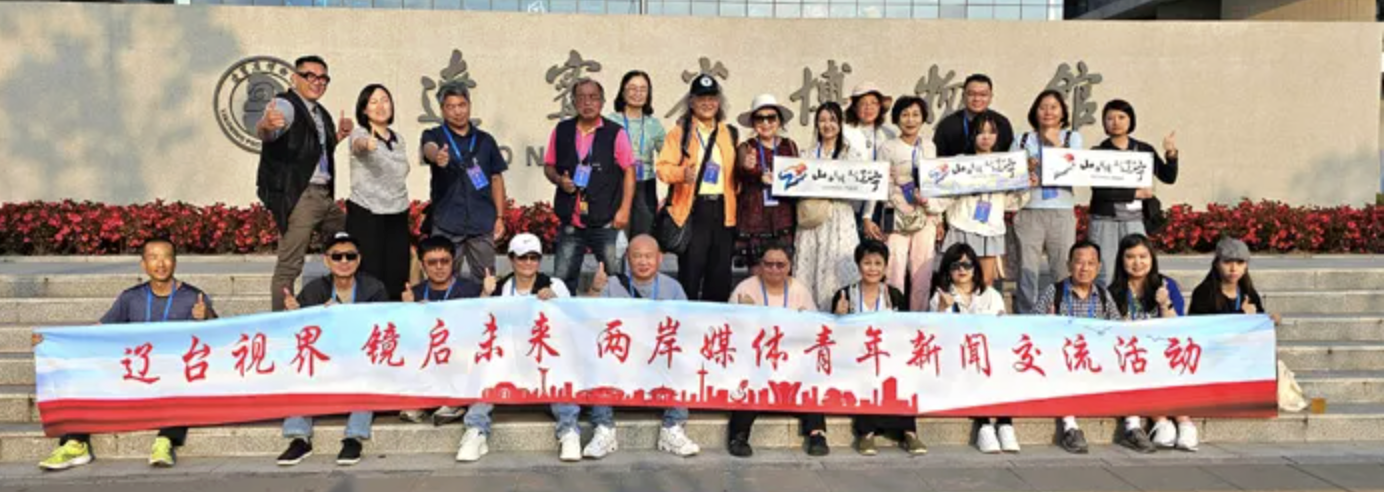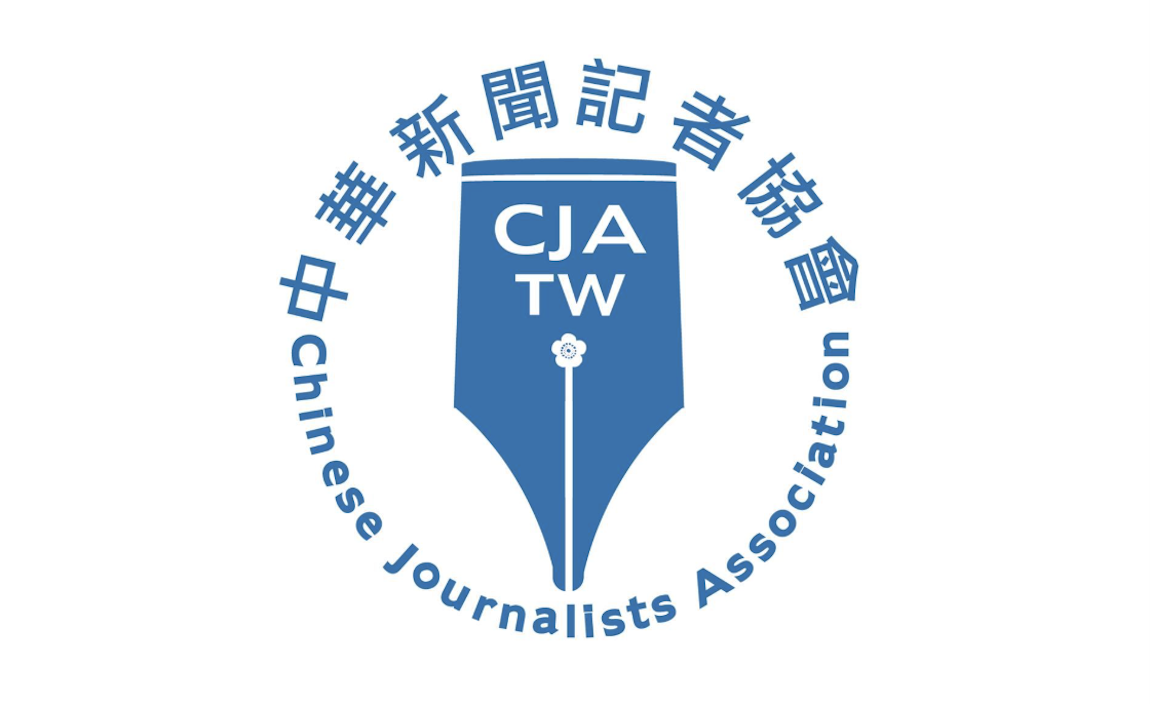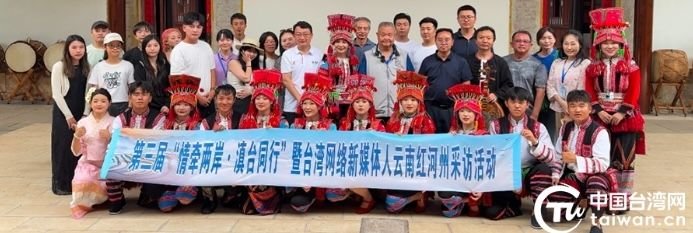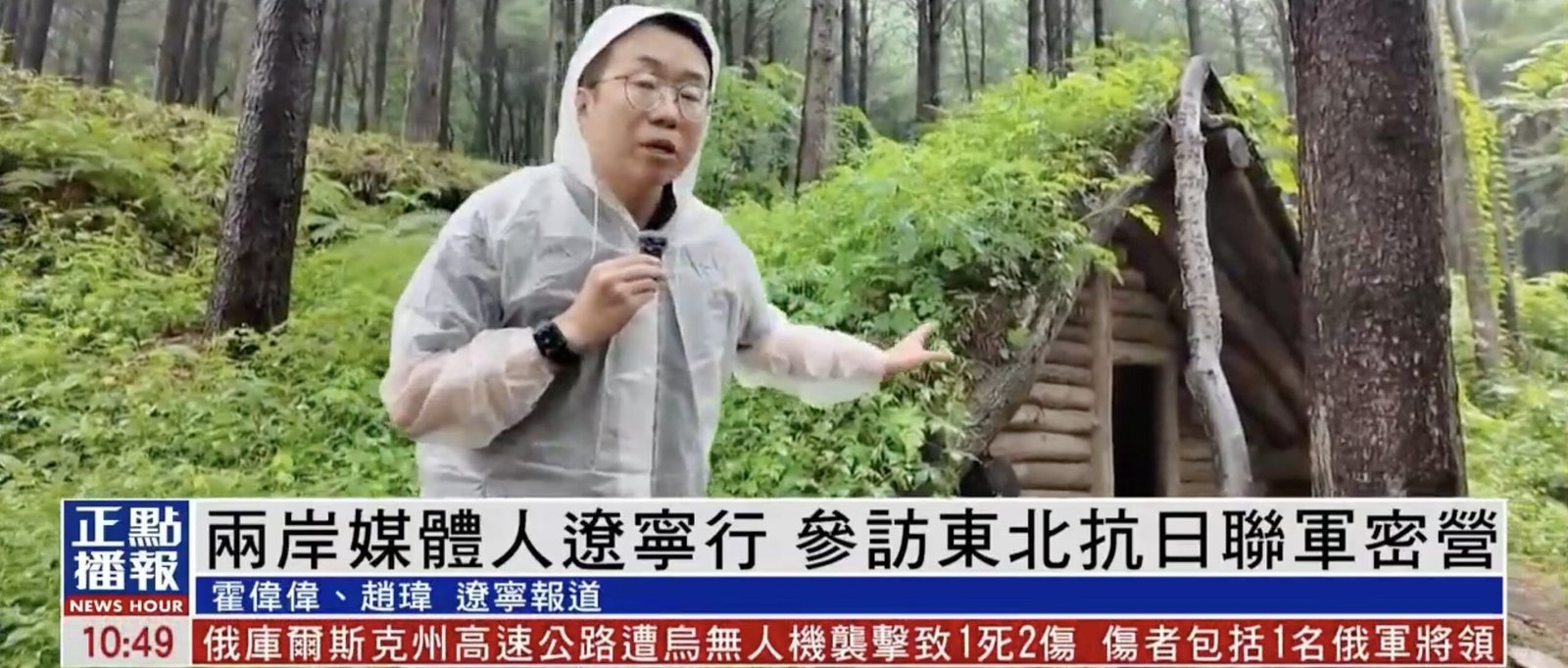Political Pulparrazzi
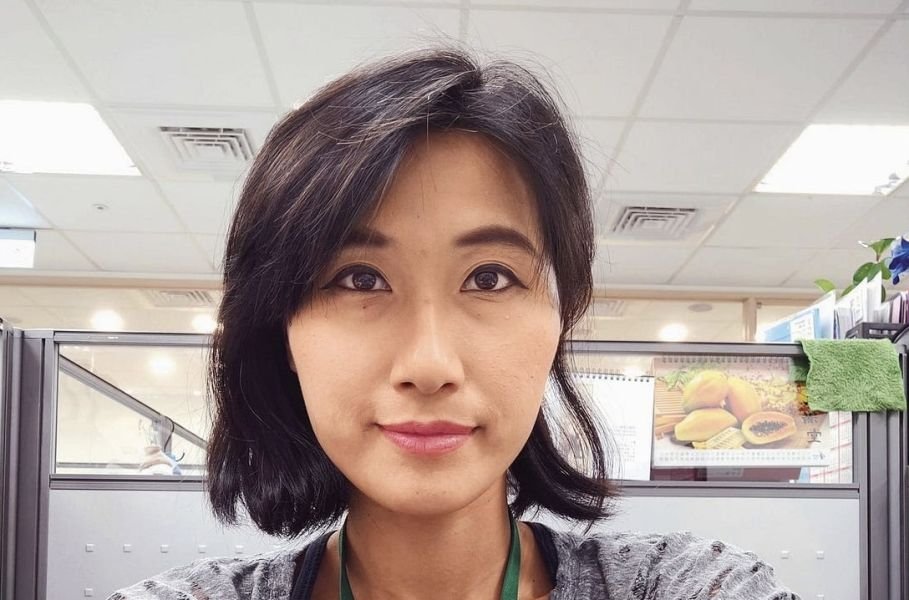
Late last month, Taiwan’s Mirror Daily (鏡報) revealed that Huang Kuo-chang (黃國昌), the chairman of the Taiwan People’s Party (TPP) — the country’s third-largest party in the Legislative Yuan — had since 2021 organized a paparazzi network to follow political figures, including ruling-party politicians, in search of dirt. At the center of the scandal was journalist Hsieh Hsing-en (謝幸恩), who allegedly served as a ghostwriter and paparazzi recruiter for Huang — first while holding a business card from the online outlet RWnews (菱傳媒), and later while employed full-time by the state-run CNA (中央社). Hsieh published stories favorable to Huang on the financial news site Taiwan People News (民報) under the pen name Hsiao Yiyi (蕭依依).
Following the revelations, and before CNA’s internal investigation had concluded, Hsieh announced her resignation in a letter whose expressed Fourth Estate ideals starkly contrasted with the conduct described in news reports. “I deeply believe that the media’s pen should be fearless of power and unafraid of storms, serving as an important force in democratic society to supervise authority,” Hsieh wrote.
CNA’s president responded to the scandal by saying the agency had received complaints two years earlier but lacked sufficient evidence to act. The agency has filed breach of trust charges against Hsieh, stating that her actions have “seriously damaged” its reputation. RWnews, which had provided Hsieh with business cards — something often necessary to access reporting events in Taiwan — announced its shutdown immediately after its president admitted collaborating with Huang. This was apparently a decision by Taiwan Steel Group, which purchased the outlet two years ago.
